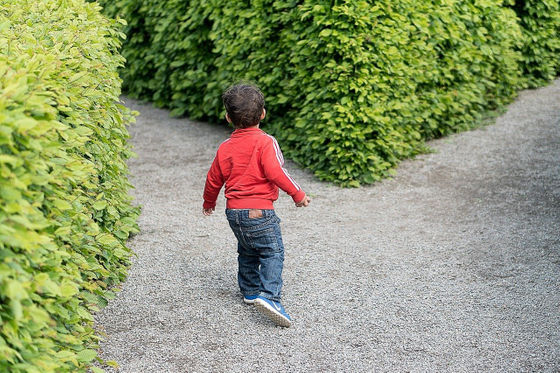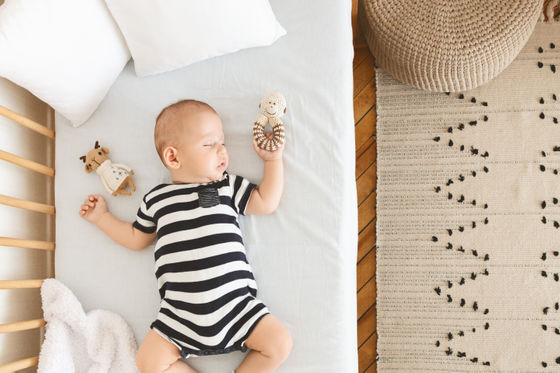It turns out that even babies justify their choices after the fact

People make some choices every day, such as choosing one from many types of toothpaste at a drug store and buying it, or choosing bread at a bakery storefront. In many cases, people think that they are 'choosing what they like,' but in reality there are cases where 'choice determines preference,' a study with babies found. ..
When Not Choosing Leads to Not Liking: Choice-Induced Preference in Infancy --Alex M. Silver, Aimee E. Stahl, Rita Loiotile, Alexis S. Smith-Flores, Lisa Feigenson, 2020
Babies' random choices become their preferences --ScienceDaily
https://www.sciencedaily.com/releases/2020/10/201002091027.htm
According to a research team led by Alex Silver, a psychologist at the University of Pittsburgh, past studies have shown that 'if both people choose one of the same things they like, they will avoid the one who doesn't.' It is known that. However, most of these studies focused on adults, leaving the question, 'How much life experience do you need to develop your tastes?'

Therefore, the research team conducted an experiment in which 189 babies 10 to 20 months old were given two 'soft blocks of different colors'. In the experiment, each soft block was first placed some distance from the baby so that the baby had to choose between them.
Once the baby chose one of the two, he then replaced the block the baby chose with another block and let the baby choose the block again. As a result, it was confirmed that many babies choose new blocks.
In addition, as an additional experiment, when the researcher himself made the first choice instead of the baby, the phenomenon that the baby chooses the new one is no longer observed. This showed that the baby was not making choices based on novelty or essential taste.

Regarding this result, co-author of the paper, Lisa Figenson of Johns Hopkins University, said, 'Baby is like,'Hmm. I didn't choose this block last time, so I don't think I like it.'' I'm sure I chose a new object instead of an object I didn't select. '' Adults don't like the one they didn't choose, even if they didn't have a preference at the beginning. It tends to go away. Similarly, babies don't like objects they don't choose. '
From these experiments, Mr. Silver said, 'The act of making choices affects our feelings about the choices,' and this bias is not just for adults, but experiences 'choices.' He concluded that even a newborn baby has it.
He also infers, 'People unknowingly say,'Because I chose this, I must like it. What I haven't chosen must not be very good.'' That is, we justify our choice after the choice. '
In the future, the research team plans to proceed with research to see if the 'overload of choice' that too many choices will be a burden on people will also occur in babies in order to see how baby choices develop. That is.
Related Posts:
in Science, Posted by log1l_ks







